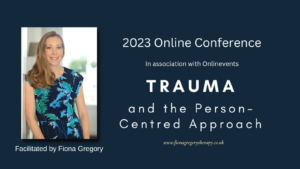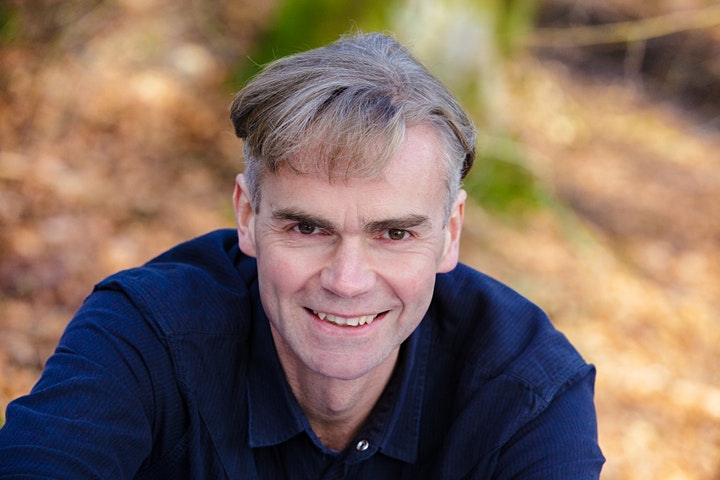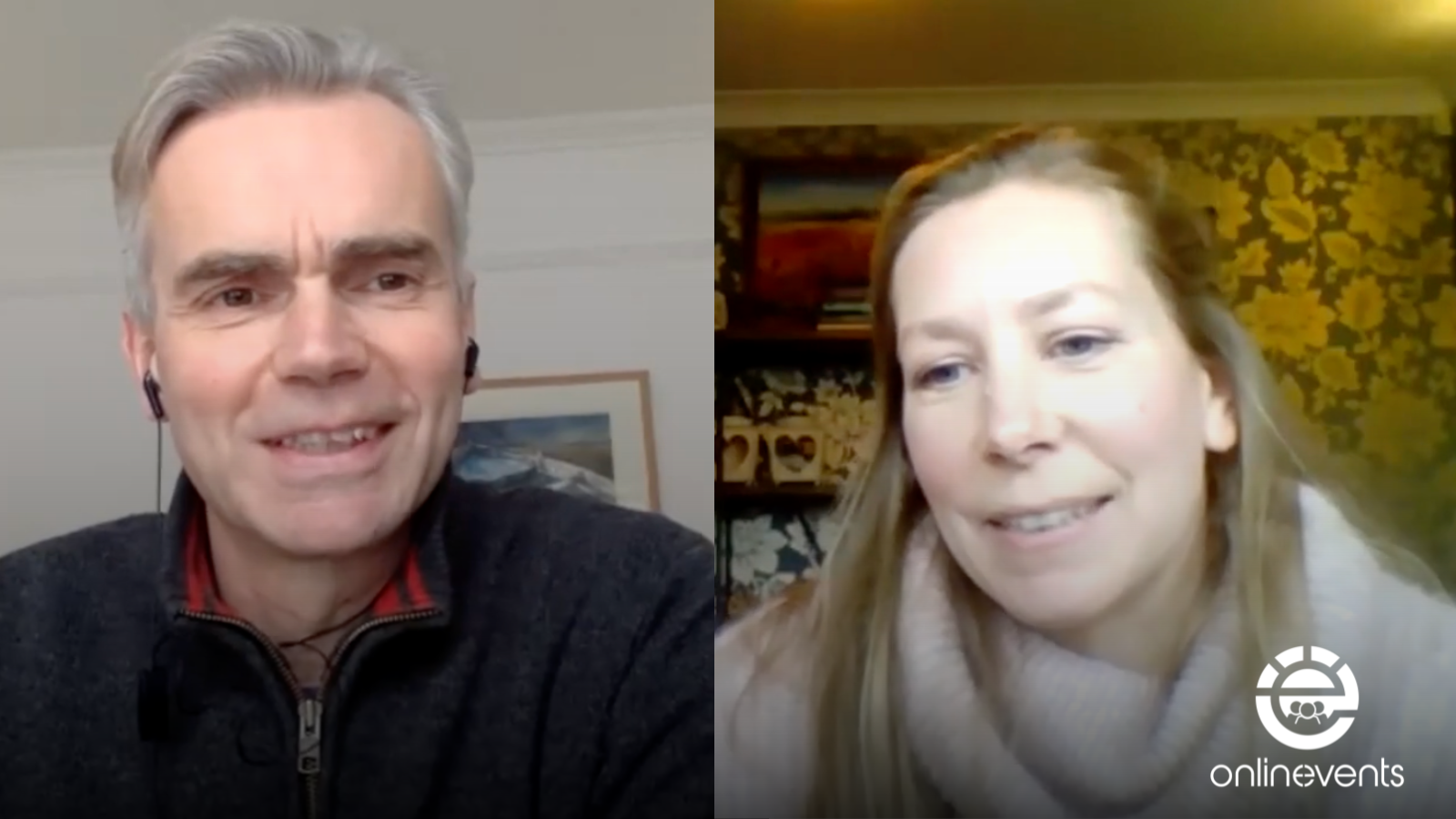Trauma is a highly dysregulating force and it impacts on the body in a plethora of ways.
Workshop Details
Research has made connections between trauma, chronic pain conditions, disorders of the immune system and a variety of other long-term health problems. Repeated trauma results in states of hyper- and hypo-arousal associated with alarm or disconnection. In our practices, we see traumatised clients who are struggling with pain, anxiety, flashbacks, nightmares, panic, breathlessness, numbing, dissociation and more.
Through the lens of Polyvagal Theory, Porges invites us to consider the dysregulating impact of trauma on a person’s autonomic nervous system. This knowledge, alongside other types of knowing, can offer us a bridge into our client’s bodily experiencing. Dana has built on Porges’ theory, encouraging psychotherapists to actively practice in ways that helps clients to find ways to enhance nervous system regulation. Dana and Porges argue that recovery from trauma is inhibited when the nervous system remains highly dysregulated.
At the same time, the work of Schore and Cozolino supports Rogers’ early and, at the time, ground-breaking research findings: that the therapeutic relationship is at the core of effective therapy, and that the therapeutic relationship in and of itself can act as a regulating force on the client.
The notion of person-centred practitioners supporting traumatized clients on both a psychological and physiological level is not new. As early as 2002, Hawkins wrote a paper exploring paradoxical safety – the safety of what is both familiar and distressing for traumatised people. In it, she advocated supporting clients both physiologically and psychologically, so that they may navigate the anxiety, panic and terror that come with making changes in life that are both wanted and feared at the same time.
Fiona met John Paul, who is a Breathwork for Trauma practitioner, at a time when she was exploring her own ways of being with traumatised clients. Her question for herself was – knowing what I know about trauma and the body, how might I respond empathically and congruently to clients who are struggling with the ways trauma is manifest within their bodies? And does this take me beyond the realms of a person-centred approach and into the realms of somatic based therapies?
As person-centred and experiential practitioners, how might we consider and support the physiological effects of trauma in the body when working with our clients? Fiona is also interested in our experiences of empathy for the client’s bodily experiencing, as well as exploring how we might choose to respond to that bodily experiencing. In their recent paper, Extending Empathy to Physical Symptoms, Nicolaou, Elliott & Robinson advocate for person-centred practitioners to have a better understanding of ‘physical empathy’.
Hawkins reiterates: Noticing what is happening within a client’s body and responding is empathy. Responding to all of our client, including somatic experiencing, is an important part of a congruent, empathic person-centred relationship.
How then might a better connection with our own and our clients’ bodies and breathing patterns support us in our relationships with our clients? To what extent can deepening such a bodily connection help us in our embodiment of an empathic and congruent relationship with them? What can we learn from somatic based therapy approaches, and is it true to say that person-centred and experiential therapies include somatic ways of relating, or do we consider this is a departure from the person-centred approach?
An important concept in person-centred ways of working is idiosyncrasy. Therefore, another pertinent and valid question is – how do we incorporate ‘the various things we have learnt’ into ourselves as practitioners? What does it mean to bring all of ourselves to our client’s ‘problem’, and how might we do this ethically, empathically, responsively, collaboratively, congruently and in service of our client? How might this impact the client’s self-actualising tendency?
In this session, Fiona and John Paul invite practitioners to, firstly, experience John Paul’s way of working with the body and trauma through breathwork, and secondly, to dialogue as a group about their own practice, questions, perspectives and other musings on this topic. The invitation is to join them in a lively, creative and stimulating discussion about working with the body.
This workshop is experiential in nature and you will have the opportunity to experience the breath practice for yourself with a 20-30 minute guided session. For this session please have somewhere comfortable to sit or lie down, with cushions/pillows and a blanket so you can really allow yourself to relax and get the most from the session.
Contraindications
The breathwork process is mostly a deeply relaxing experience but can also result in physical or emotional release. As such, certain conditions are contraindicated. Please inform Onlinevents either before the workshop or John Paul during the session if you have any of the conditions below. You can still participate in the workshop and John Paul will guide you appropriately.
- First trimester of pregnancy
- Glaucoma or detached retina
- Cardiovascular disease including angina, previous heart attack or stroke
- High Blood Pressure (not controlled with medication)
- Aneurysm in the brain or abdomen
- Uncontrolled thyroid conditions and diabetes
- Asthma – if you are asthmatic bring your inhaler to the session.
- Epilepsy
- History of psychosis, bipolar or schizophrenia
Learning Objective Participants Can Expect From This Event
- how to help your clients connect to their body through their breath
- how it’s possible to process trauma through breath and body awareness
- a simple but effective breath process you can use with yourself or with your clients
- explore how this might support your person-centred practice, as well as how it might
- explore the idea of person-centred practitioners supporting traumatized clients on both a psychological and physiological level
- consider the role of empathy, including physical empathy, in a person-centred approach to working with traumatized clients
- investigate how connecting with one’s own and clients’ bodies and breathing patterns can support the development of empathic and congruent relationships
- explore the concept of incorporating learned practices into one’s own person-centred practice in a ethical, empathetic, responsive, collaborative, and congruent manner.
Who is This Workshop Appropriate For?
- Counsellors & Psychotherapists working with people who have experienced trauma
How May This Workshop Impact Your Practice?
- This workshop will help expand your awareness of what’s possible within a therapeutic relationship when an awareness of body and breath has been enhanced.
2023 Conference – TRAUMA and the Person-Centred Approach
Fiona’s aim with this series of events is to bring together a range of practitioner voices for lively discussion and exploration of the challenges and benefits of person-centred practice when working with traumatised people.

The appropriateness and sufficiency of the person-centred approach to working with trauma is a topic of debate and controversy. On one hand, some argue that the approach is not appropriate or sufficient, because it doesn’t specifically address the unique needs and issues that individuals who have experienced trauma may face. These might include chronically intrusive traumatic memories and flashbacks; bodily and emotional reliving of the trauma; troubling somatic symptoms; difficulties with highly dysregulated emotions; experiences of dissociation, including structural dissociation of the self; chronic dysregulation of the nervous system; sleep disturbance and nightmares. Questions arise for some, as to whether the person-centred approach is a holistic enough approach to working with the extensive repercussions of trauma, or whether it works actively enough towards ‘resolution of trauma’.
Conversely, others argue that the person-centred approach is highly effective and uniquely powerful, because it prioritizes safety in relationship – the very thing that trauma undermines. What’s more, it is founded on the principles of unconditional positive regard and empathy for all parts of the person, including traumatized parts who feel the urge to protect by (reflexively or deliberately) disconnecting from relationships with self and others. Importantly, the person-centred approach also promotes self-exploration and autonomy, leading to a reconnection with organismic valuing, which we know tends to be stifled in traumatic childhood relationships, or can be lost through the experiencing of a traumatic event as an adult.
The question of whether the person-centred approach can be helpful in counselling for trauma survivors is an important one that requires further examination from different perspectives, which is the purpose of this series of events.
Fiona has sought out a range of speakers, from well-known writers and trainers in the field, to newer, emerging voices, as well as some practitioners from outside the field of person-centred practice. She would like to extend the invitation to anyone interested in speaking in 2023, so if you would like to speak on a topic related to person-centred practice and trauma, please get in touch with Fiona at th*******************@********il.com.
Course Content
Presenter

Fiona is a UKCP registered person-centred psychotherapist with a special interest in trauma. She works predominantly with clients who are struggling with the complex long-term impact of adverse childhood experiences and abuse, as well as people who have experienced single traumatic events and are experiencing post-traumatic stress.
She holds an MSc in Contemporary Person-Centred Psychotherapy and Applications from Metanoia Institute and is also an EMDR practitioner. She has her own private practice in Surrey, volunteers for Mind as a therapist, and is the creator/facilitator of the Person-Centred Association’s Trauma Special Interest Group.

John Paul Mason is a rebirthing breathwork practitioner who has been working with clients and deep trauma for the last 9 years. He has particular expertise in working with sexual trauma and abuse, helping clients to resolve and reclaim the past so they can feel empowered to live fulfilling lives. He works with clients one-one both online and in person and runs regular workshops, online courses and trainings for counsellors and other therapists to help them integrate breathwork into their own practice.
You can find out more about John Paul and his work through his website.


